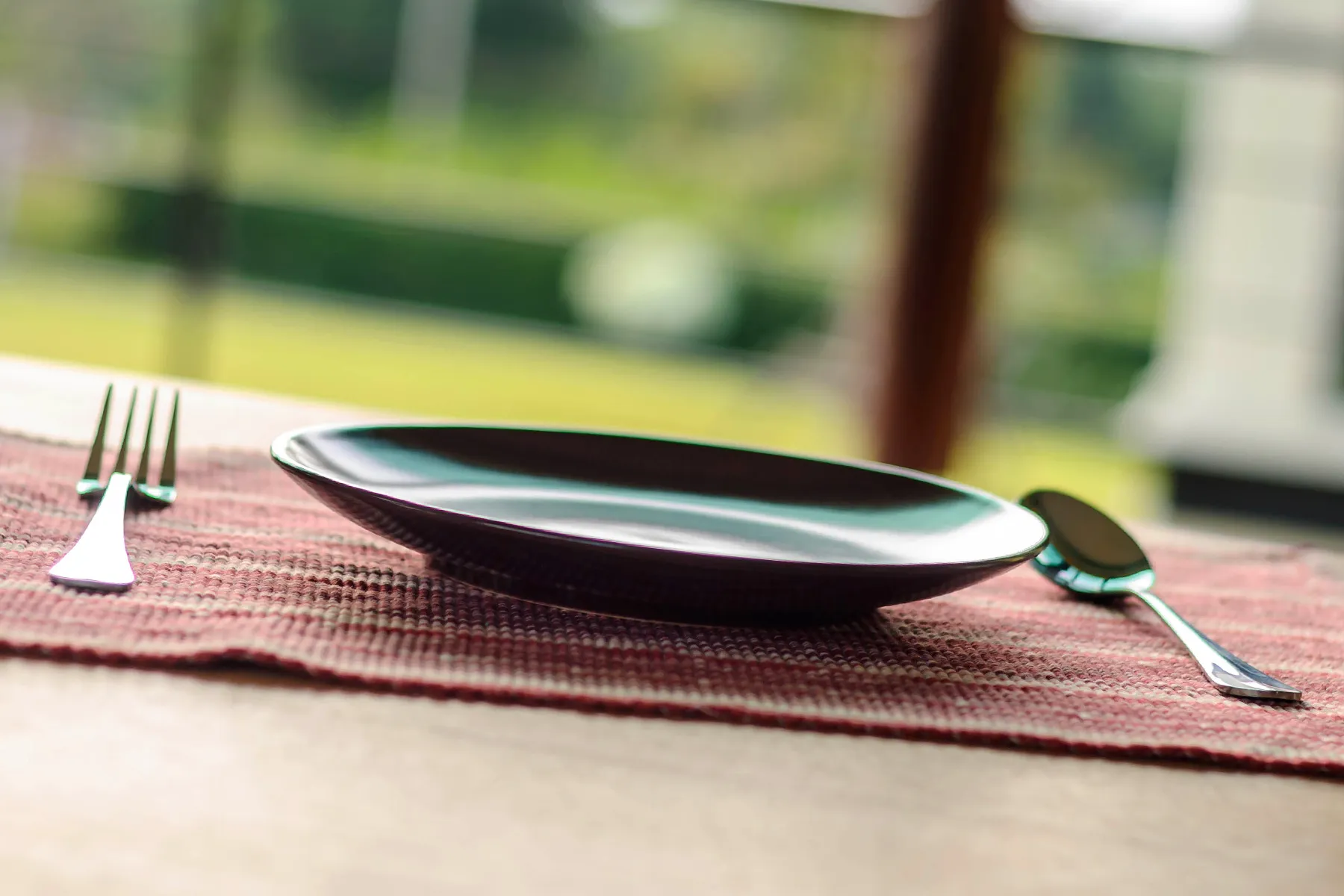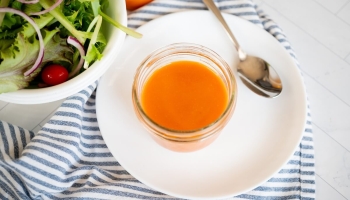
[ad_1]
Holidays and other celebrations are a time to slow down and enjoy yourself with family and friends. Many times, they also include lots of delicious foods and drinks.
For people living with an inflammatory bowel disease like ulcerative colitis, or UC, special events can mean digestive troubles. Certain foods, combined with holiday stress, are a recipe for triggering symptoms. But there are ways to manage it all and keep UC flares under control.
How Can I Prepare for a Celebration and Avoid a Flare?
One of the most effective ways to head off a flare is to figure out your unique food triggers.
A registered dietitian can help with this by creating an eating plan tailored to your needs. For example, many people with UC have trouble absorbing calcium and vitamin D. This can lead to weaker bones. A dietitian makes sure you still get these critical nutrients while you stay away from foods that make you feel worse.
They’ll guide you toward things you can do for a healthier gut. “So in the long run, your digestive tract will get stronger and more resilient,” says Robin Foroutan, an integrative dietitian.
Also, you may want to keep a diary to track what you eat and drink and how it makes you feel. You may find that specific foods or drinks cause a flare and you stay away from them in the future.
Which Holiday Foods May Cause UC Symptoms?
While figuring out your trigger foods is key, certain holiday and event staples are more likely to worsen a UC flare. As you fill your plate or make a toast, watch out for:
- Rich, fatty foods
- Fried foods
- Spicy foods
- Foods high in added sugar
- Alcohol
- Dairy
- Gluten
- Nuts
- Popcorn
- Carbonated drinks
What’s the Connection Between Overeating and a UC Flare?
You’ve been waiting all year for your favorite aunt’s sweet potato pie. And that stuffing looks good enough for two helpings. You may be tempted to overindulge, especially when you’re celebrating. But when you have ulcerative colitis, eating too much too quickly can cause problems with your gut.
Before you binge, think of your stomach as a blender. “If you overstuff the blender, the food doesn’t blend well and gets jammed up,” Foroutan says. “If you overstuff your stomach and eat more than what it can comfortably hold, you can’t digest as well and that can trigger symptoms.”
Here are some tips to help you avoid overeating:
- Eat small meals. Five or six small meals a day instead of a couple of large ones may be easier on your stomach.
- Eat slowly. “Focus on slowing down during mealtimes, chewing really well, and choosing foods that you know feel good digestively,” Foroutan says. Before eating more food, wait 20 minutes to see if you’re still hungry. It takes at least this long for your brain to understand whether you’re full.
- Stick to your normal eating schedule. You may want to save your appetite for a special meal. But skipping meals can cause a dip in blood sugar, leaving you feeling starved and more likely to overeat. Bring a snack if you’re eating a meal later than normal.
- Rest up. Sleep loss can set off cravings for foods high in sugar and fat. Try to get 7 or 8 hours of sleep each night to calm these urges.
Which Foods Should I Eat With UC?
In general, when you have ulcerative colitis, certain foods are easier for your body to break down and supply important nutrients. They include:
- Skinless, low-fiber fruits. Fruits with edible skin like pears, peaches, and prunes can be hard to digest. Instead, try low-fiber fruits such as bananas, cantaloupe, and honeydew melon.
- Lean protein. Stick with fish, lean pork, and white meat poultry like turkey and chicken.
- Refined grains. These are processed grains with little or no dietary fiber. Sourdough, potato or gluten-free bread, white pasta, and white rice are all made from refined grains.
- Vegetables. Look for fully cooked, seedless, and skinless veggies like asparagus tips, cucumbers, potatoes, and squash. Avoid cruciferous vegetables, which include broccoli, cauliflower, cabbage, collards, and kale.
If you’re a guest at a restaurant or in someone’s home, talk to your host. They may be able to make simple tweaks to the menu to meet your dietary needs. Another idea is to bring your own food. That way, you’ll know it’s safe, and you’re guaranteed to have something to eat.
[ad_2]
Source link






